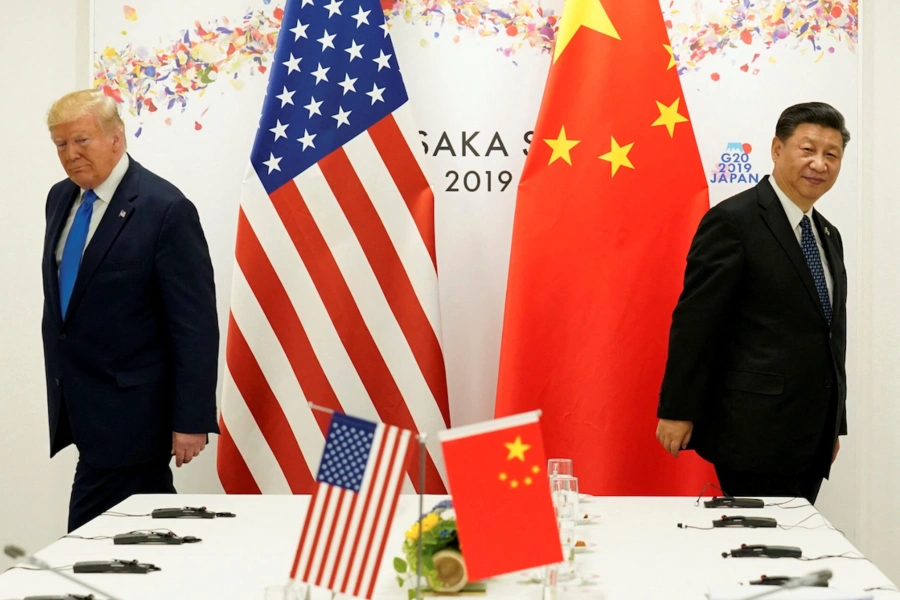Chinese President Xi Jinping has reportedly declined an invitation to attend Donald Trump’s inauguration. According to various news sources, including CBS News, AP News, and ABC News, the invitation was extended by Trump shortly after his election victory, but experts and reports suggest Xi Jinping is unlikely to accept due to the perceived risks and lack of precedent for such an attendance.

- Risk Perception: Analysts like Danny Russel and Yun Sun from think tanks such as the Asia Society Policy Institute and the Stimson Center respectively, argue that Xi’s attendance could be seen as a sign of subservience or endorsement of American democratic processes, which might not align with China’s domestic political stance or Xi’s image at home.
- Historical Precedent: It’s noted that no foreign head of state has attended a U.S. presidential inauguration since records began in 1874, making Trump’s invitation a significant departure from protocol.
- U.S.-China Relations: Trump’s administration has been known for its hawkish approach towards China, including threats of high tariffs on Chinese goods. This backdrop might make Xi’s attendance at such a high-profile event politically risky.
- Public Sentiment: Posts on X reflect a narrative of Xi choosing strategic caution over attending the inauguration, aligning with the expert analysis that suggests Xi would prefer a meeting on more neutral or bilateral terms.
This information is based on reports and analyses available on the web, indicating Xi’s decision is seen as a cautious move in the context of the current U.S.-China geopolitical dynamics.





Chinese President Xi Jinping declines Trump’s invitation to his inauguration.